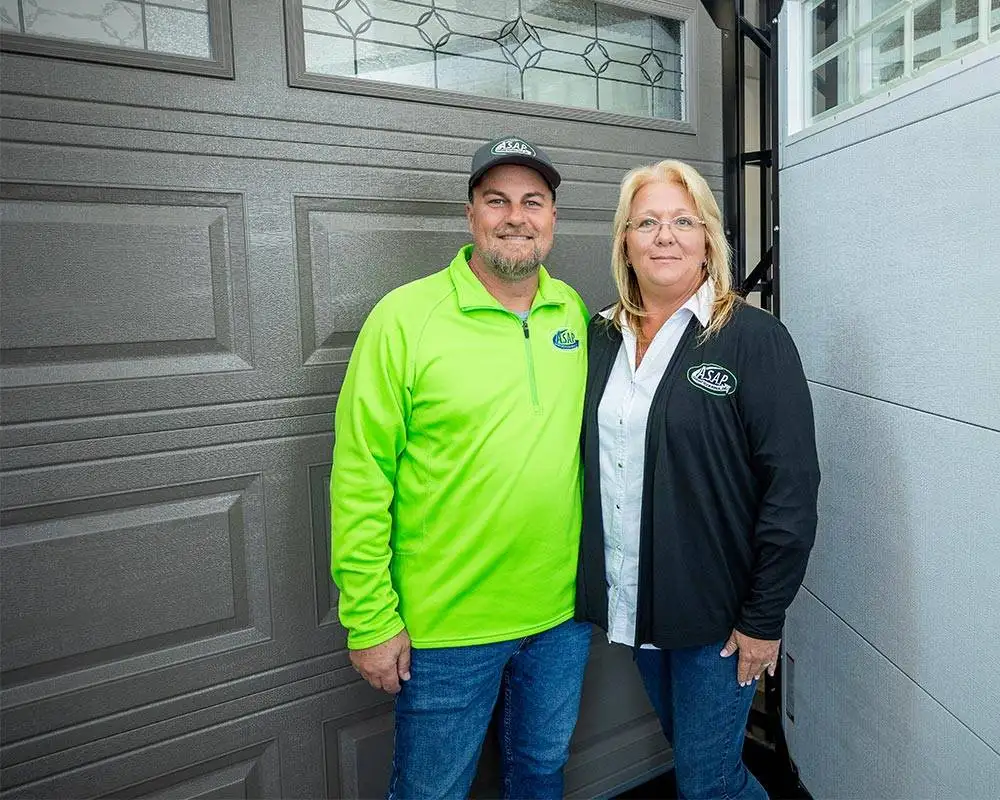What are customers saying about you online, and how responsive are you? NWQ web guru Chris Linden explains some of the best ways you can engage effectively with all of your customers, wherever they are.

Our website was down, without explanation. Email was down, too – and our magazine was due at the printer by 5 p.m. Our webhost’s tech support was nowhere to be found.
In a fit of angry impatience, I took to Twitter. “I’m sick of @[webhost company]’s random outages and lousy tech help,” I wrote, using my personal Twitter account. “Where can I find a reputable host?” Within 10 minutes, I received a response from the webhost; within an hour, website and email were back.
When someone has an issue with your product or service, where do they complain? Are they badmouthing you face-to-face or between friends, or are they taking to Facebook, Twitter, and review sites such as Yelp.com? How are you responding to their complaints?
Small-business employees have enough to do, without worrying about online conversations. The truth is that we can no longer ignore online audiences. As much as our loyal customers are great “brand ambassadors” online, an unresolved complaint can leave a bad impression for future clients.
I can sympathize with the Luddite, but let me be clear: Your customers are gathering online, searching for you online and oftentimes communicating with you online. It doesn’t matter how you connect with them, but you must do something online.
Where to begin? Sign up for a free account on Facebook or Twitter. Facebook’s users skew older, while Twitter’s users are more often Millennials.
When you post something, consider these five things:
Tell me a story. Good stories are inspiring, compelling and engaging. They’re also memorable and make your brand feel human. Keep it short – just three or four lines is all you have to keep my attention.
A photo (or video) is worth 1,000 words. Images stand out when you’re scrolling through social media, and, like stories, they’re very memorable. Show me your product, or a happy customer. Show me something noteworthy about your business. Whatever it is, make it memorable.
Connect with others. Give a shout-out to your customers, your suppliers or your neighbors. Drawing other people into your conversation will spread your reach. Use an @ before the person’s username, and use # to indicate a trending topic (i.e. #IceBucketChallenge)
Do it regularly. You can custom-schedule your posts to coincide with your audience’s peak online usage. Most often, this will be around lunch, early evening and all weekend.
Keep it positive. Address concerns or complaints when necessary, but always maintain a positive spin. Negative content will turn off your audience.
Many small businesses maintain a web presence exclusively on Facebook, where you can share product, location and contact information for free. Those are fine in some cases, however, most businesses need a well-built website.
If you haven’t redesigned your site in the past few years, it’s time for an upgrade – no excuses. Online browsing technologies have advanced rapidly since the iPhone’s debut in 2007, and today about half of your visitors use a smartphone or tablet. Google searches now favor mobile-friendly sites.
To remain searchable, your website must incorporate keywords – and don’t give me 90s-era marketing slush. It’s cardboard to readers and completely useless to Google searchbots. Be authentic and use your industry’s lingo.
At the same time, you need to set goals for your website. Outline what it should accomplish, and use free products like Google Analytics to measure your performance. Here at Northwest Quarterly, we measure things like number of visits, number of pageviews, top traffic sources and most-viewed pages. These help us to monitor our own performance goals.
As a locally owned business, you’re well aware that a differentiator between you and the big-box store is personality. However you operate your brand online, be sure to convey your company’s unique personality and values. It’s what reminds your customers that they’re doing business with real people.
Chris Linden is executive editor and chief of digital publishing for Northwest Quarterly Magazine.




















































